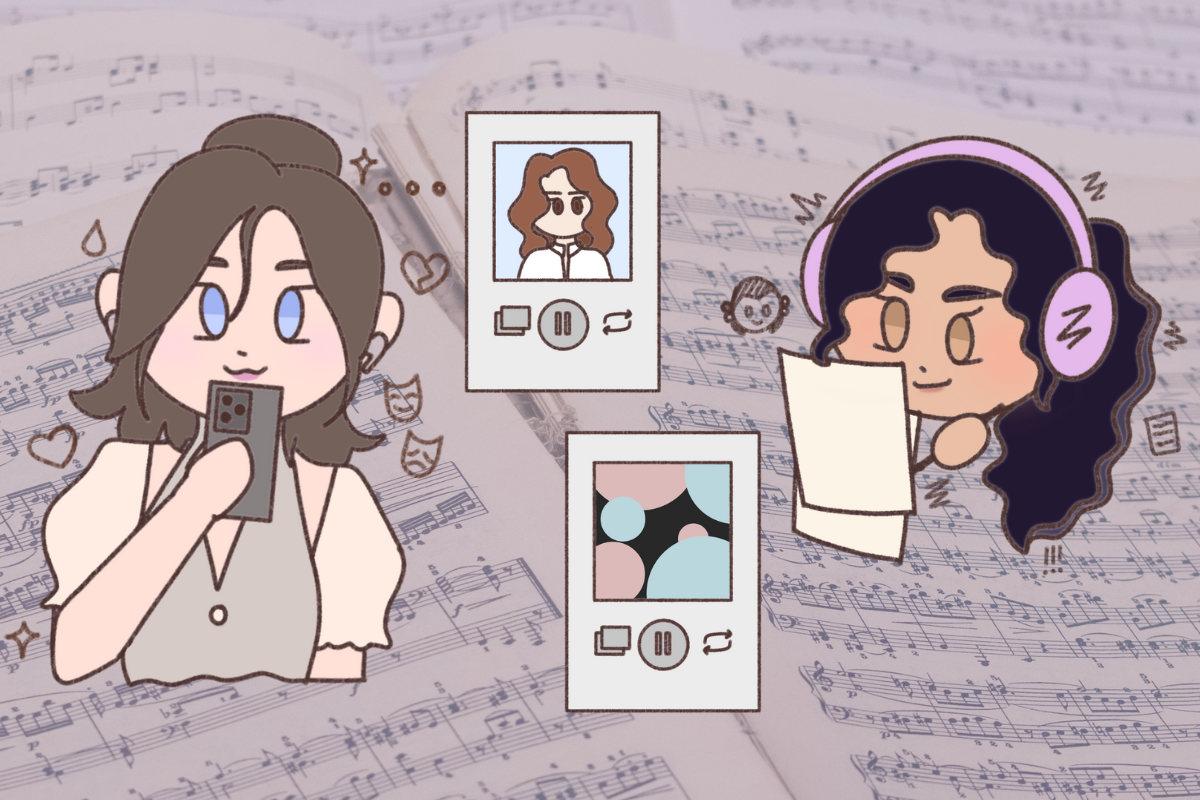Missing Chat Exposes a Missing Education
Editorial
The ban on Google Chat has frustrated both students and teachers and has made it difficult to communicate. Students now see a blocked screen instead of the usual Google Chat setup.
March 15, 2023
What is the role of school? Is it to educate students only about the intricacies of English, the processes of math, or the discoveries of science? We believe not.
While schools impart the basic foundations of knowledge to students, they are responsible for a much more significant role: Schools must help build character. They must help students develop a work ethic, communication skills, and basic adaptability.
With the start of online schooling as a result of the pandemic, the school facilitated communication through Zoom, Google Meet, and Google Chat. Shortly after, these platforms became integral to education and communication, especially between students and teachers. Even after the end of online schooling, these platforms, primarily Google Chat, became a staple of communication between students, teachers, and clubs/extracurricular organizations in Edison High School, allowing students to learn the power of efficient digital communication and use it to their advantages in academic and extracurricular endeavors.
However, the fault of a few has led to the inconvenience of many.
Last month, the school administration failed to approach the problem of Google Chat with an open mind, instead resorting to the entire removal of this platform. Since then, there has been an unmistakable void in the lives of both students and teachers who have grown accustomed to this efficient mode of communication. The more pressing problem, however, is the apparent disconnect between the students and the administrators who chose the extreme course of action. As a result, students are robbed of a different yet equally important kind of education: the education of proper digital etiquette.
In a world that continues to be dominated by technology, the solution to take Google Chat away does nothing to improve student preparedness for the real world. Instead, it demonstrates distrust. It demonstrates a lack of belief from administrators who fear students will fail to exercise self-control online.
At the beginning of the school year, students were required to sign off on a Technology Use Agreement which lists several district policies toward “acceptable use of computer network/computers and resources.” It states, “the Superintendent of Schools or designee will develop and ensure education is provided to every pupil regarding appropriate online behavior, including pupils interacting with other individuals on social networking sites and/or chat rooms, and cyberbullying awareness and response.”
Rather than eliminating digital communication entirely, schools should consider productive methods of teaching “appropriate online behavior.” Dedicating class meetings, lessons, or assemblies to exploring and enforcing responsible usage of communication platforms may prove to be an effective alternative to the current approach. Perhaps the administration can place students who do continue to misuse technology under a probationary period of sorts in which their laptops are temporarily taken away or their access to those platforms is turned off. This way, there is both a repercussion for abusing the devices and an opportunity to improve and learn for next time.
In an era of ever-increasing digitalization and online networking, students must learn to utilize online mediums of communication responsibly. It is time the school provides this education, by teaching students how to appropriately use the technology available to us, rather than removing it entirely.























































































